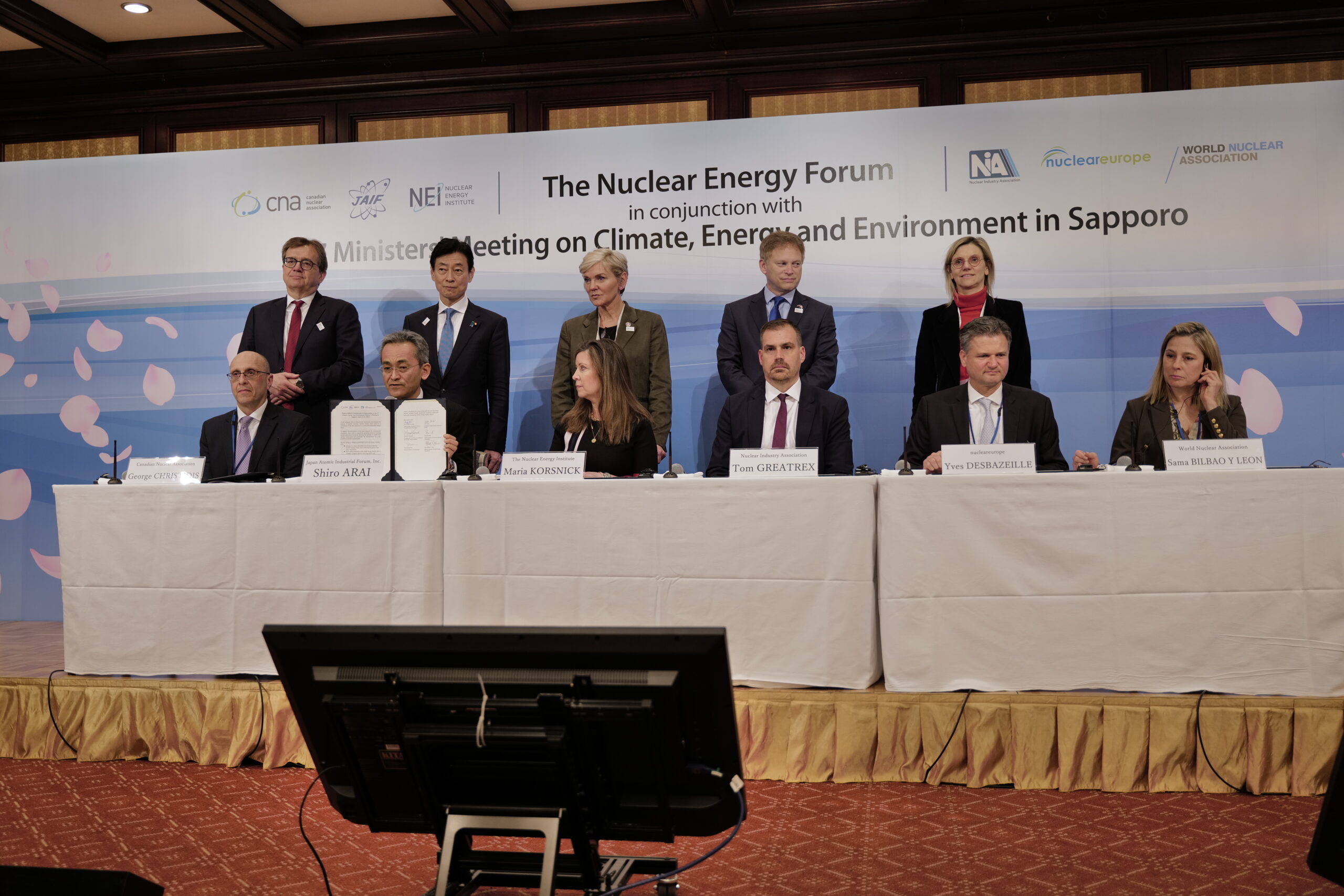Close

The conference coincided with the G7 Energy and Environment ministerial meeting held in Sapporo, Hokkaido, and chaired by Japan's METI minister Yasutoshi Nishimura, on the previous weekend. Several of the participants at JAIF also attended the G7 energy event that successfully argued for increased use of nuclear energy technologies in the G7 and global energy mixes. Here is a link to the G7 communique that included a commitment to nuclear power.
The JAIF conference also included representatives from Fukushima Prefecture, which was impacted by the Great East Japan Earthquake and Tsunami in 2011. They provided an update on the decommissioning progress of the Dai-Ichi Nuclear Power Plant in Fukushima.
The immediate priority for Japan is restarting seven reactors that have already received Nuclear Regulatory Authority approvals at five locations around Japan, including two reactors in East Japan. These latter two would be the first restarts in Eastern Japan after the 2011 earthquake. Japan's CO2 emissions in 2022 increased by three percent yearly, so restarting these reactors is a priority for the world's third-largest economy to meet its 2030 international climate commitments.
The consensus at the conference was that global nuclear power output would need to increase two to four times by 2050 to meet climate goals.
New advanced reactor technologies were also discussed at the JAIF conference, including Advanced Light Water Reactors, Small SMRs, High-temperature Gas Reactors, Fast Reactors, and Micro Reactors. Increased industrial use of nuclear power was also discussed, as was floating nuclear power.
Here is a link to the full conference agenda.